The tree which moves some to tears of joy is in the eyes of others only a green thing that stands in their way. Some see Nature all ridicule and deformity, and some scarce see Nature at all. But to the eyes of the man of imagination, Nature is imagination itself.
– William Blake
In this article
- Nature and health
- Is there an ecological dimension to health?
- Does dealing with health and medical humanities also mean dealing with the health of our planet?
- Think global, act local
- Is, will or should ecological and environmental healthcare be the future of medicine?
- Can the hospitals be eco-friendly? Can the system?
- Learn from the students
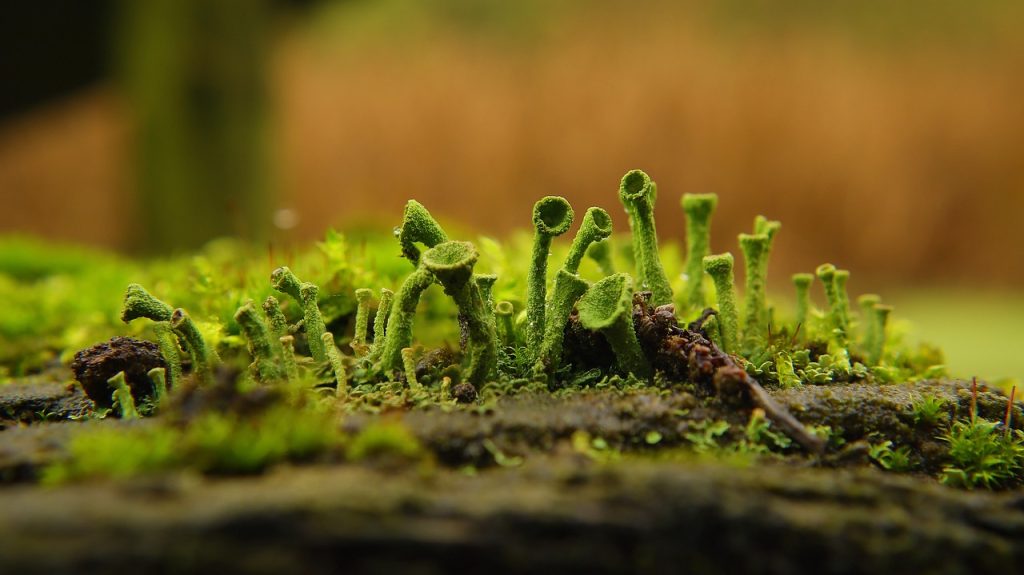
Is there an ecological/environmental dimension of health? Do and how do Medical Humanities intersect it?
These are the main issues I wanted to discuss with Jonathan McFarland.
He is an Associate Professor in the Faculty of Medicine at Universidad Autonoma de Madrid and Senior Lecturer at the Institute of Linguistics, I.M. Sechenov First Moscow State Medical University. He has a background in humanism, teaching medical English, and a true vocation for medical humanities and education. He is the President of The Doctor as a Humanist, , an international organization dedicated to studying, preserving, and promoting the humanities and humanism in medicine and healthcare worldwide. For the last 15 years or so he has also been engaging with the topic of health and nature.
Therefore, what started as a normal interview quickly become a rich dialogue about the environment, healthcare, and activism, and with the impossibility of transcribing the whole conversation, here is my personal account.
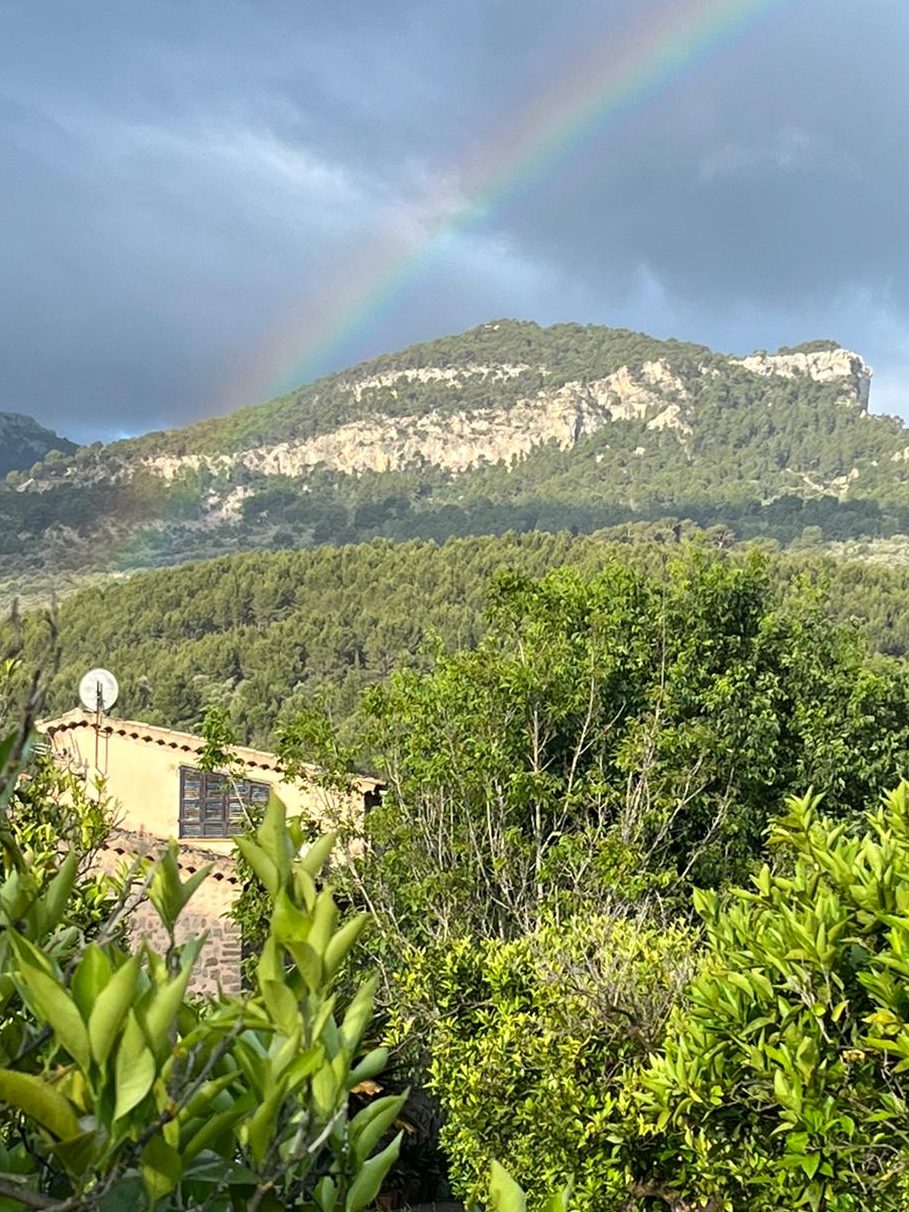
Nature and health
I started by asking him what he thought of nature and health and when he started to take an interest in the topic. He told me that it was when he moved from the city (Palma de Mallorca) to a more rural area (Soller in the Tramuntana mountains) to ensure that his daughters did not grow up too detached from nature. Nature deficit disorder indeed exists and is the theory that people, particularly children, are spending less time outside than before and that is causing a variety of behavioural problems. This idea is expressed in Last Child in the Woods. Saving Our Children from Nature-Deficit Disorder by child advocacy expert Richard Louv.
Jonathan added that his interest in environmental issues also stems from other readings, mostly belonging to that genre between novel and essay called ‘faction’. Among many, Jonathan said that an author who greatly influenced him was Amitav Gosh, particularly The Hungry Tide(2004), a novel based around the Sundarbans, a mangrove area in the Bay of Bengal, continuously at risk of sea level changes.
When all these readings, stimuli, and reflections were already piling up, the pandemic hit, which, despite its tragedy (in many ways ongoing) Jonathan confessed that that was the first moment when he felt truly attuned to nature. Birdsongs in particular became his companions, not unlike Steven Lovatt (see Birdsong in a Time of Silence, 2021).
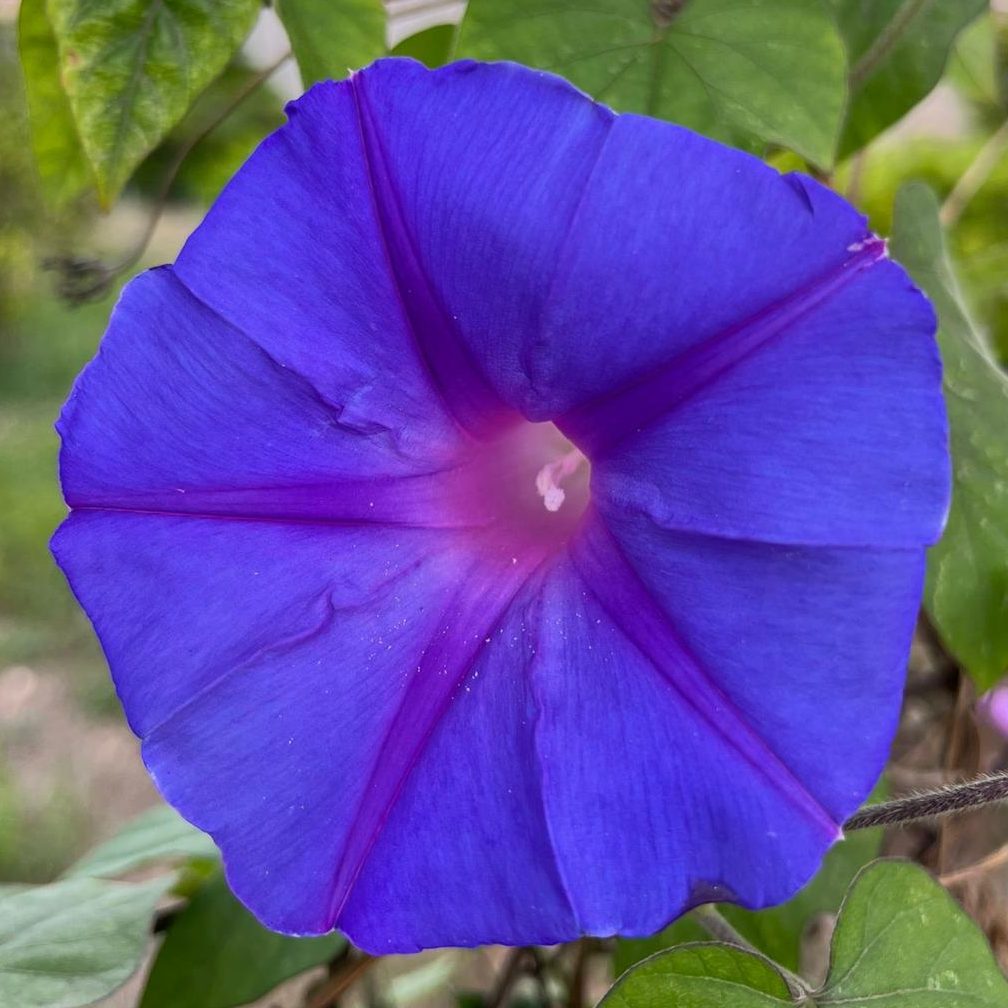
Is there an ecological dimension to health?
I then asked him if he thought it was possible to speak of an ecological dimension to health. He told me of the online symposium The Doctor as a Humanist organized in 2020, together with David Kopacz, and Ars Medica on Nature and Medicine: Restoring the balance between Earth and health. The idea for the topic came from an article by Jonathan Coope eloquently titled ‘On the need for an ecologically dimensioned medical humanities’.
This event brought together a multitude of doctors, psychologists, social historians, and ecologists from around the world. However, Jonathan’s work in connecting people to reflect on the ecological dimensions of medical humanities did not stop there, as more recently The Doctor as a Humanist has organized a webinar on these issues with Jonathan Coope, Jennifer Hartmark-Hill, David Kopacz, and Javier de la Masa (Ars Medica). Jonathan concluded: «These events made me believe that the way forward for medical humanities and health has to include ecology. There is no other way».
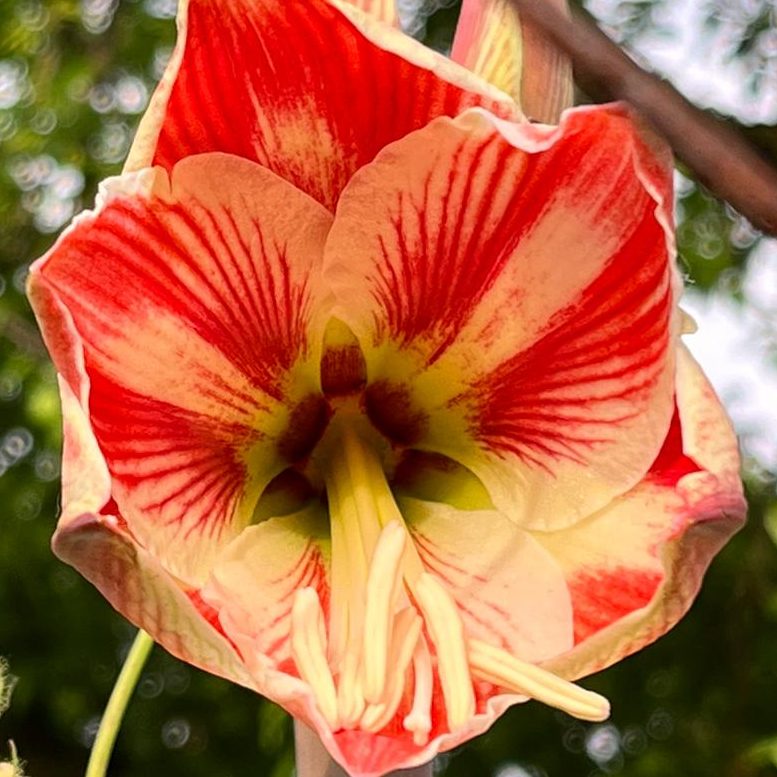
Does dealing with health and medical humanities also mean dealing with the health of our planet?
Does dealing with health and medical humanities also mean dealing with the health of our planet? I asked him. One cannot talk about human health, without talking about the health of the earth and the health of the other inhabitants of the earth. This is the core principle of planetary health (see: https://www.thelancet.com/journals/lanplh/home), and also the starting point of understanding the urgency to appreciating ethnic and cultural differences and learn from the indigenous people’s approach to the Earth, such as the North American indigenous concept of the ‘Mah Wah Chi’, which means God in Tiwa and translates into English as “Breath- Matter-Movement”. (see David Kopacz and Joseph Rael – ‘Beautiful Painted Arrow’).
But is it too late to save our planet? According to Rebecca Solnit, whom Jonathan mentioned, it is not (https://www.nottoolateclimate.com). It is late and we need to stress it, but we still need hope to act, he added. Hope not of being able to go back – that is not possible – but hope that we can find a solution and work our way out of the crisis we are in. It is not over precisely because it is not yet over. Returning to the ecological dimension of medical humanities, he stressed that it is critical to speak with the policymakers and change the system by starting with education and raising awareness amongst healthcare professionals. «There is something rotten in the state of medical education», said Jonathan, paraphrasing Marcellus in Shakespeare’s Hamlet.
Doctors need to get involved and medical students need to get involved. Medical humanities also includes, from Jonathan’s point of view, a humanitarian aspect; a dream of his is to raise funds to send medical students to areas of need around the world, like a traveling scholarship for medical students.
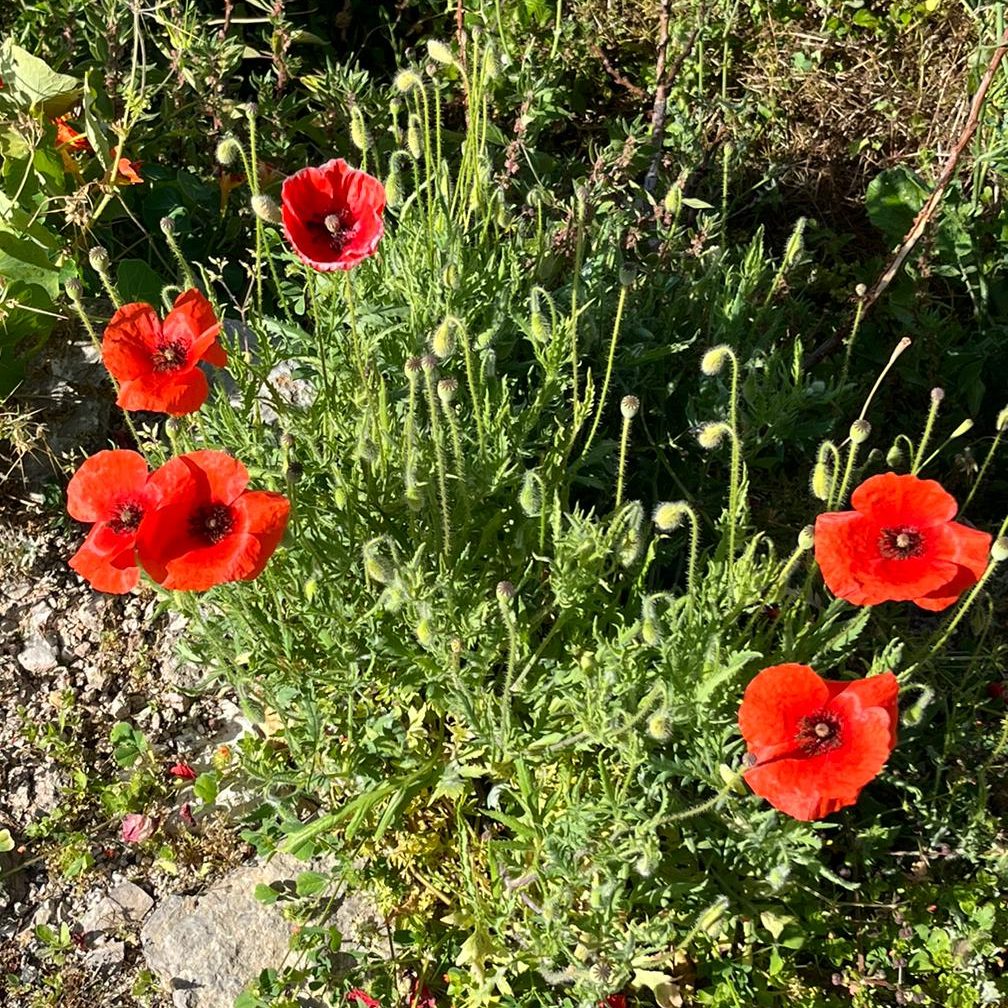
Think global, act local
It was at this point in our conversation that a key concept emerged, that of scale. I said to him that this idea is indeed wonderful, but perhaps acting locally is easier and has a more direct impact on one’s own community city and country. I mentioned the Dental Clinic of Laboratorio Salute Popolare, and I asked Jonathan if maybe the key could be ‘think global, act local’. He agreed and told me of what they do at the University of Glasgow where medical students go into the local community to meet with people; the elderly, the homeless, recovering drug addicts and over a cup of tea they talk about their lives, problems, worries, dreams. They connect.
We thought we had gone off-topic, but we then realized that a sustainable health system is not only environmental but also social. Trust and compassion are key concepts in every relationship; between doctor and patient, between individuals, and between humans and the earth, and other species.
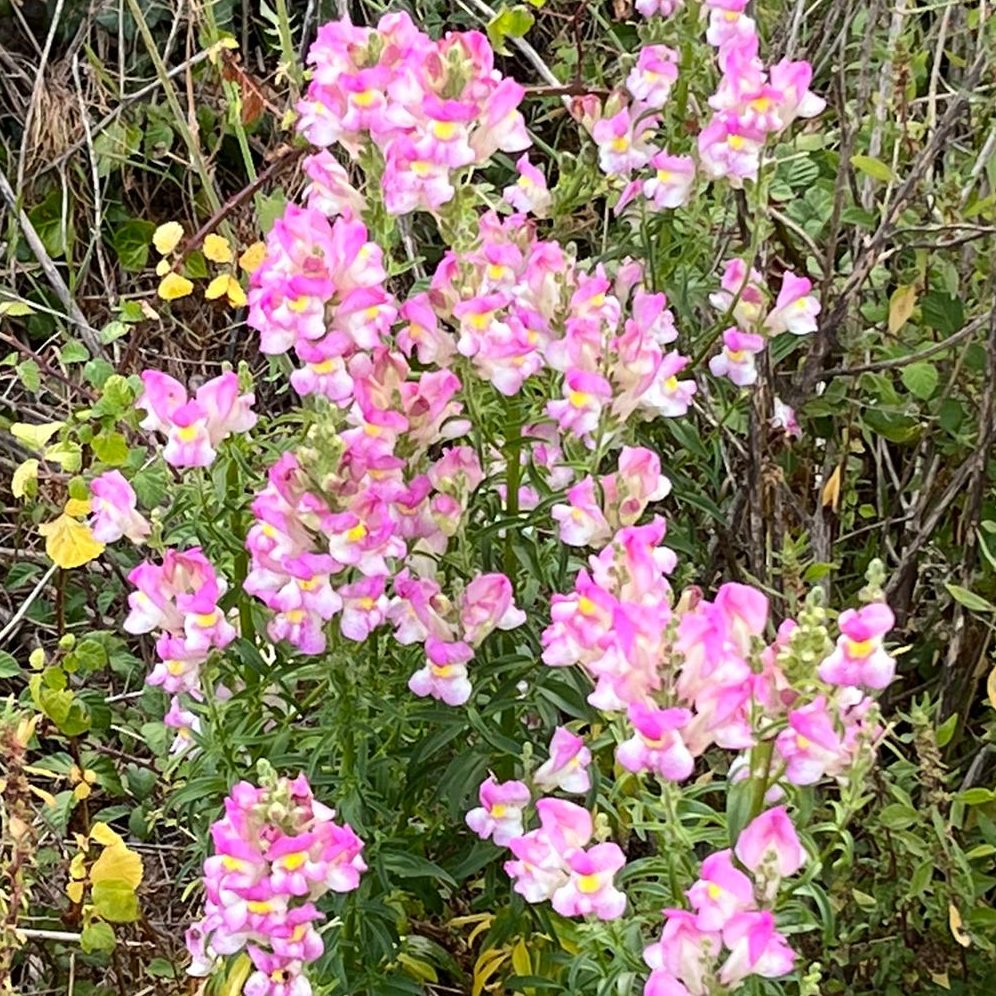
Is, will or should ecological and environmental healthcare be the future of medicine?
Then this question arose: is, will or should ecological and environmental healthcare be the future of medicine? Jonathan here mentioned Richard Maybe’s Nature Cure, a book about how nature can help when you are suffering from depression or other mental illnesses, and Sue Stuart Smith’s The Well-Gardened Mind, about the benefits of gardening on both mental and physical health. We also spoke of forest bathing – shinrin-yoku – and of the sensibility that Japanese people have for the benefits of nature on health, who even have a word for the interplay of the light and the leaves when sunlight filters through the trees – Komorebi.
But if the importance and influence that nature has on our well-being is undoubtable, two other aspects of the matter still needed to be discussed: can the hospitals be eco-friendly and, most importantly, can the system? But let’s proceed in order of scale from small to big.

Can the hospitals be eco-friendly? Can the system?
As for hospitals, Jonathan told me that recently online he had met David Brasfield, who is working on designing hospitals integrated into the natural environment and dreams of designing hospitals in wild areas: His idea is to rewild hospitals. Along these lines another material issue linked to the eco-sustainably of hospitals is the enormous amount of plastic and other waste accumulated in hospitals, and specifically in operating theatres.
And what about the system? For Jonathan, the solution is the students, who will be the policymakers of tomorrow. We need to empower the students; they must take care of themselves, their patients, and the Earth. They can become ‘doctors of the earth’, as well as doctors in the more traditional sense. We need to give them the tools to act upon these urgent matters as soon as possible and we need to listen to them, only in this way the system can become sustainable for us and the planet.
Learn from the students

We must learn from the students: the younger generation is more sensible and sensitive to these global issues. Jonathan mentioned a beautiful activity he did with his students in Barcelona. He asked them to make posters about what they had learnt during the first-ever course on Humanism in Medicine at a Spanish University (UPF, Barcelona). The posters were so thought-provoking and relevant that they will be exhibited in the hospital for everyone to see; for example, one of the posters was divided into two sections, problems they encounter on a daily basis, and suggestions on the other.
One suggestion intrigued Jonathan and that was to organize a multidisciplinary clinical session with doctors from different specialties discussing their patients but not from a biological perspective, but from a narrative perspective that they had with the patients. Another example is the conference he is organizing in October in Barcelona – Medicine and the Arts- where students will be critical players, organizing and chairing roundtables with specialists. The students will take the lead.
Look deep into nature, and then you will understand everything better.
– Albert Einstein
